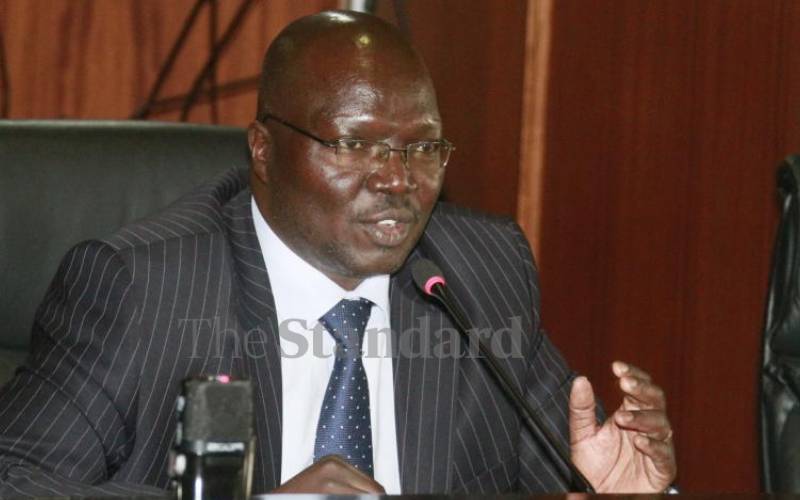×
The Standard e-Paper
Fearless, Trusted News

Labour and Employment Cabinet Secretary Simon Chelugui. [Boniface Okendo, Standard]
The United Kingdom has relaxed requirements for Kenyans seeking employment, Labour and Employment Cabinet Secretary Simon Chelugui has said.